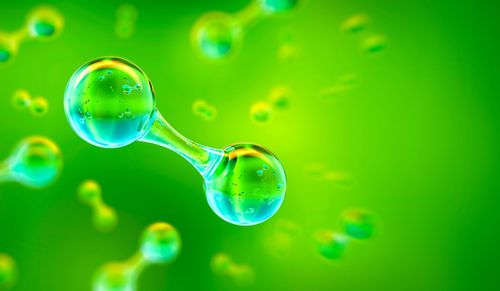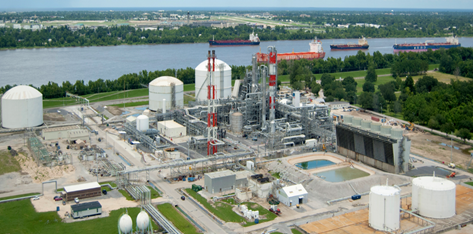Global hydrogen and nitrogen manufacturer CF Industries purchased the Waggaman ammonia production complex in Louisiana at an EV multiple of 9.3x, executives from the seller, Incitec Pivot, said on a call today.
The multiple is over the through-the-cycle EBITDA generated at the plant, and compares to a five-year EV-to-EBITDA multiple for IPL of 7.3x, the company’s CFO, Paul Victor, said. The facility has a nameplate capacity of 880,000 tons of ammonia annually.
IPL considered several proposals in a competitive sale process, and was similarly focused on securing a long-term supply agreement from the plant for its Dyno Nobel subsidiary, which manufactures commercial explosives.
JP Morgan served as sellside financial advisor while Latham & Watkins was legal counsel. Goldman Sachs is serving as the financial advisor to CF Industries on the transaction. Skadden, Arps, Slate, Meagher & Flom LLP is acting as legal advisor to the buyer.
Under the terms of the agreement, CF Industries will purchase the Waggaman ammonia plant and related assets for $1.675bn. The companies will allocate approximately $425m of the purchase price to a long-term ammonia offtake agreement under which CF Industries will supply up to 200,000 tons of ammonia per year to Dyno Nobel.
CF Industries expects to fund the remaining $1.25bn of the purchase price with cash on hand.
The buyer also anticipates implementing CCS at the site on an accelerated timeline, according to the deal announcement. Incitec executives declined to say on today’s call whether there would be pricing adjustments in the offtake contract once the low-carbon blue ammonia comes online.






